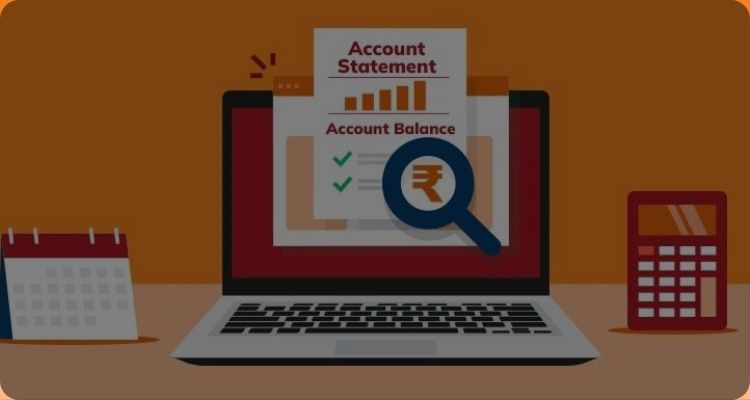A savings bank account is the first option for almost all of us to keep our money securely in one place. Usually, it is a person’s first interaction with the banking system. Even though a savings bank account does not provide exponential returns to the account holder, it offers several other benefits.
People have used a savings bank account for ages, but many people need to be aware of the features of a savings account. You can use a savings account for multiple purposes. Navigating the diverse banking landscape can be overwhelming, but understanding key features like monthly average balance requirements can empower you to choose the right account. This article sheds light on online bank account opening with zero balance options in India, delving into various savings account features, including those with and without minimum balance requirements.
Features of a Savings Bank Account
- Interest returns on a savings account: A savings account is a haven for your funds and gets you reasonable interest returns on the deposited money. Some leading banks offer interest returns as high as 6.50% on savings accounts. The interest returns help you make additional money to accumulate wealth over the years. Banks credit interest return on the average daily balance in a savings bank account. And the interest is credited to the depositor’s account monthly, quarterly, or half-yearly.
- Zero balance savings accounts: Most accounts require a minimum balance. Failing to maintain the minimum balance costs the account holder a penalty charge. You can open an online bank account with zero balance in India to save yourself from these charges. These zero-balance accounts have no minimum balance requirements, and you can withdraw cash as long as you’ve funds available. Salary accounts are a common example of zero-balance savings accounts. You can inquire with your bank regarding these accounts and save yourself from penalty charges.
- Withdrawal and payment facility with savings accounts: An account holder can use the money they have held in a savings account to make online transactions. With this, they can also pay their utility bills. Savings accounts allow account holders to withdraw and liquidate their savings account holdings conveniently. When you open a savings account, you’ll get a debit card with which you can withdraw cash. These accounts are the best option to park funds that can be used for emergency purposes. The debit card offered with a savings account can also help the account holder earn reward points, cashback, and shopping discounts.
- The facility of internet banking and phone banking: With the world going digital, savings accounts also offer internet banking and phone banking facilities to the account holders. Using internet banking and phone banking facilities, the customer can transfer money instantly and seamlessly from one account to another and make UPI payments swiftly. Account holders can also view account information related to the transactions. Using the service, check the current balance available or raise service requests related to the account.
- Safe avenue for funds: The primary reason why people open a savings account is that their money stays safe in a savings account. Until you withdraw money from your savings account, it will stay safe in the account and continue to accrue interest returns for you. The amount you deposit in a savings account is insured up to a limit of Rs. 1 Lakh by the DICGC (Deposit Insurance and Credit Guarantee Corporation).
- Special value-added services: Besides the regular savings account benefits of ATM withdrawals and debit cards, banks offer other benefits to account holders. Several banks offer accidental or medical insurance and travel insurance. You can derive extra value from your savings account by using these benefits.
Individuals can open bank savings accounts and avail the benefits mentioned above. Open a bank savings account and use your money lying idle at home to earn from them. The interest earned on a savings account helps with additional income while keeping the money safe in the bank account.









